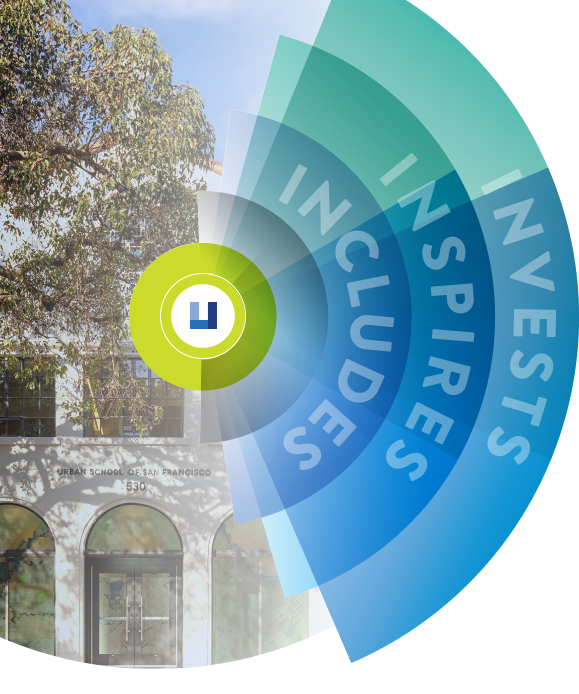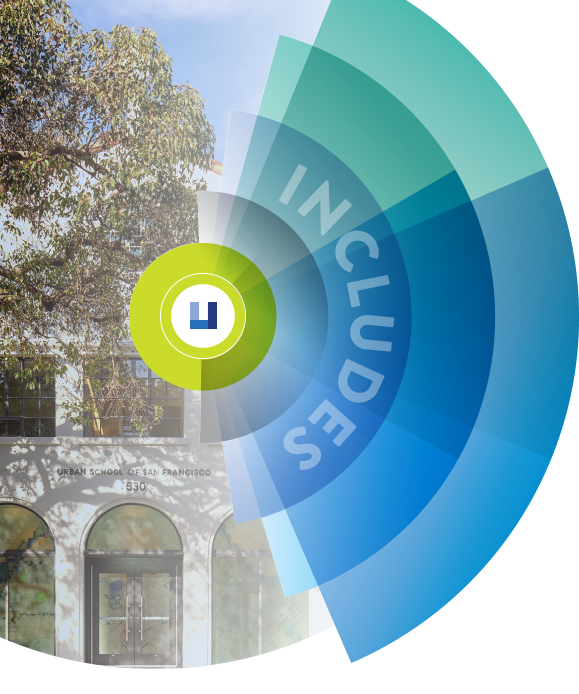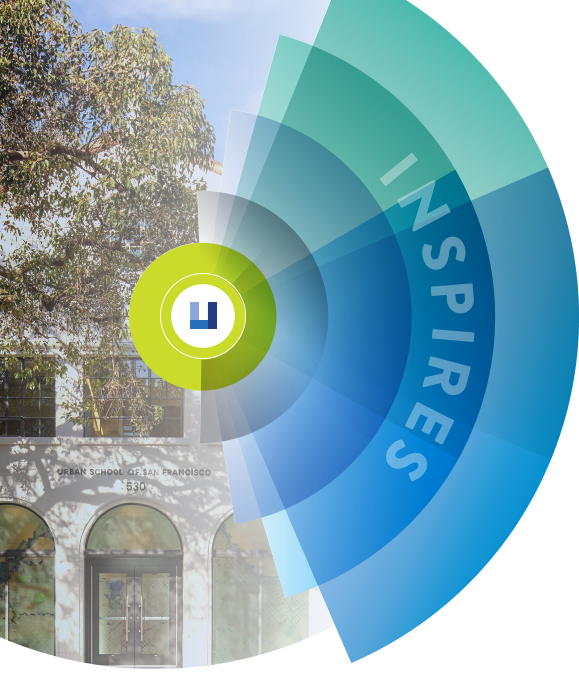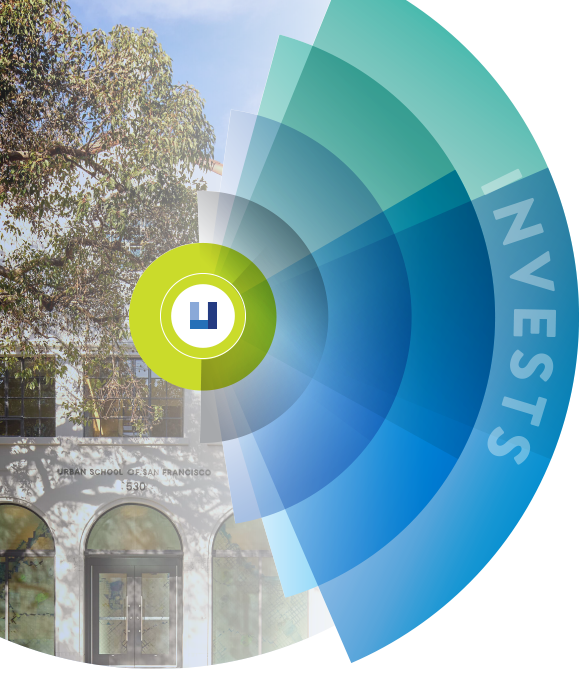




Welcome to Urban Thrives 2030, Urban School’s new strategic plan. Recently approved by the Board of Trustees, the plan is the culmination of many months of analysis and discussion. Urban Thrives 2030 identifies fundamental priorities, and is both a guide for the school’s continued evolution and a living, breathing document, open to revision to meet changing times and priorities.